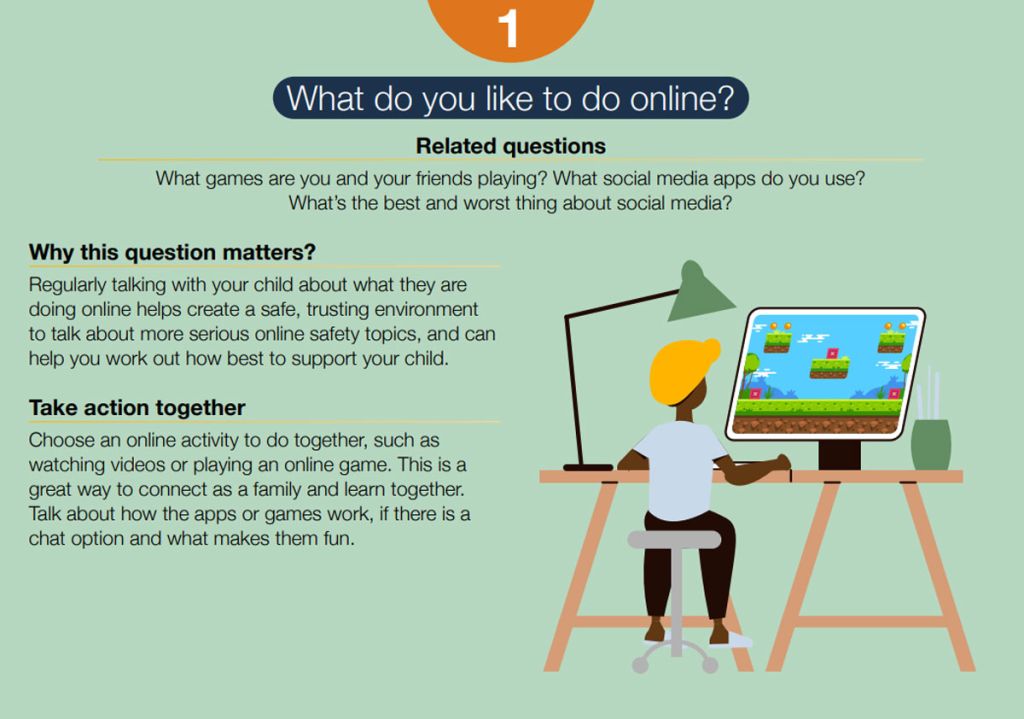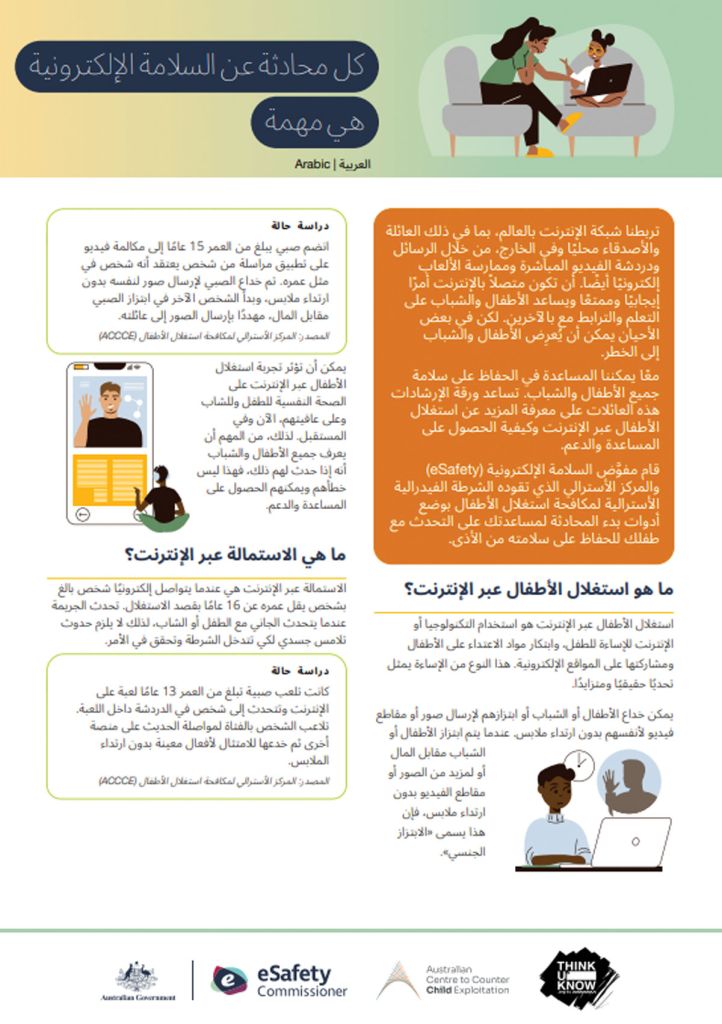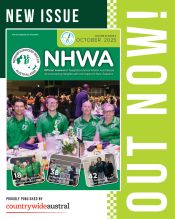
The Australian Federal Police (AFP)-led ThinkUKnow program launched a suite of new education resources to help culturally and linguistically diverse (CALD) families have important conversations about online child safety.
ThinkUKnow and the eSafety Commissioner have translated the resources, which include advice sheets for parents and carers, and conversation cards for families, into simplified Chinese, Arabic and Punjabi.
The new resources aim to engage and educate culturally and linguistically diverse communities, as well as those who work with these groups, to help explain online child sexual exploitation and abuse, the warning signs and where victims and families can seek assistance or report to police.
AFP Commander Helen Schneider said the AFP worked closely with eSafety to develop the materials to ensure some of the largest non-English speaking communities in Australia were reached.
“Having open and honest conversations can help families feel empowered to tackle unsafe situations online,” Commander Schneider said.

“By helping these communities and families to better understand online child sexual exploitation, online grooming, sextortion and what child exploitation and abuse material is, we are wgiving them the power to protect their children and help police to do the same.
“Australia is a proud multicultural country and we want to educate as many Australian families as possible to protect children from the threat of online child offenders. These resources help us get that vital message into the community.”
The AFP and its partners are committed to stopping child exploitation and abuse, and the Australian Centre to Counter Child Exploitation (ACCCE) is driving a collaborative national approach to combatting child abuse.
The resources are available online on the ThinkUKnow and eSafety Commissioner websites: www.thinkuknow.org.au/resources-tab/parents‑and‑carers
